The campaign for Vice President Kamala Harris announced Monday that she would be seeking an increase to the corporate tax rate should she prevail against Donald Trump in the November election.
This increase would bring the corporate tax rate from 21% to 28%, which would follow a previous change during the Trump administration that lowered it from 35% down to 21%. During her 2020 campaign, Harris advocated for a return to the 35% corporate tax rate.
Trump Tax Cuts
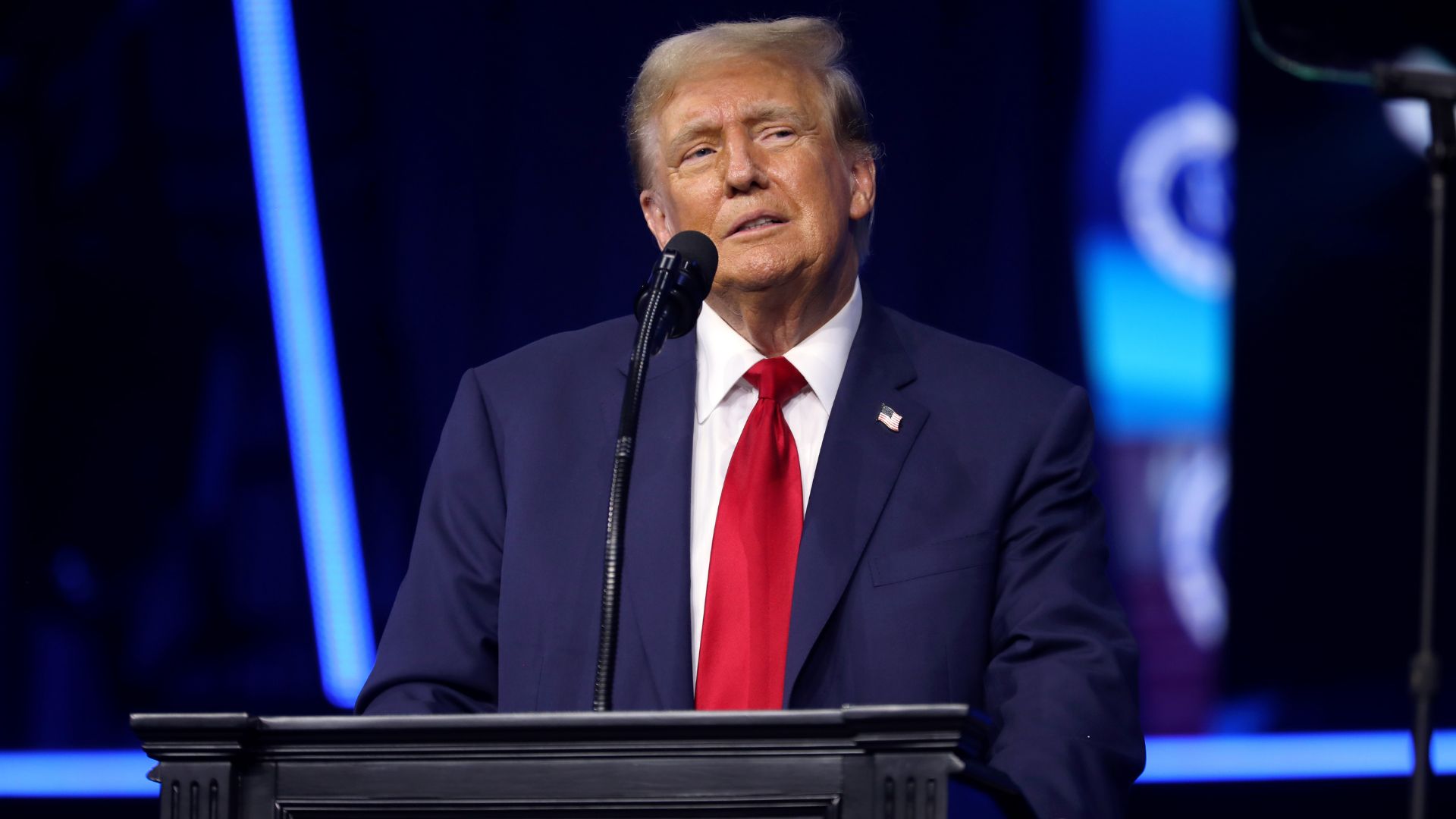
In 2017, Republicans and then-President Donald Trump enacted a massive corporate tax cut as part of the Tax Cuts and Jobs Act.
At the time, the Trump administration promised that these cuts would increase the average American’s household income by $4,000 and create a boom in business investment.
Tax Cut Criticisms
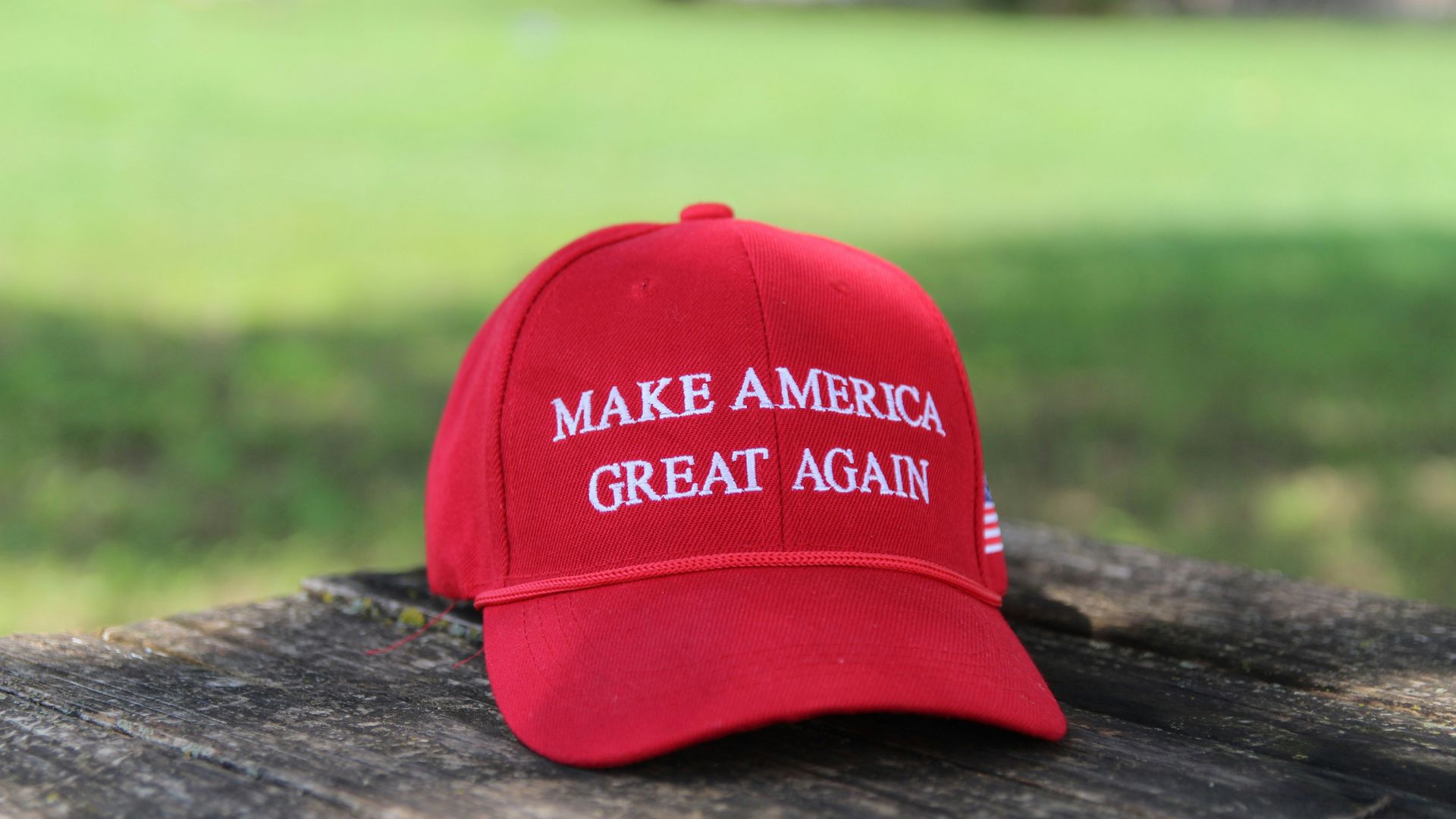
Critics of Trump’s tax cuts argue that the cuts did not do what they were promised to do and that companies are experiencing record profits while still paying less in taxes than before.
These critics also point to the fact that this tax cut has led to falling tax revenues. The Committee for a Responsible Federal Budget, a nonpartisan advocacy group, estimates that Trump directly added $8.4 trillion to the national debt while in office through legislation and executive action.
Paying Their Fair Share
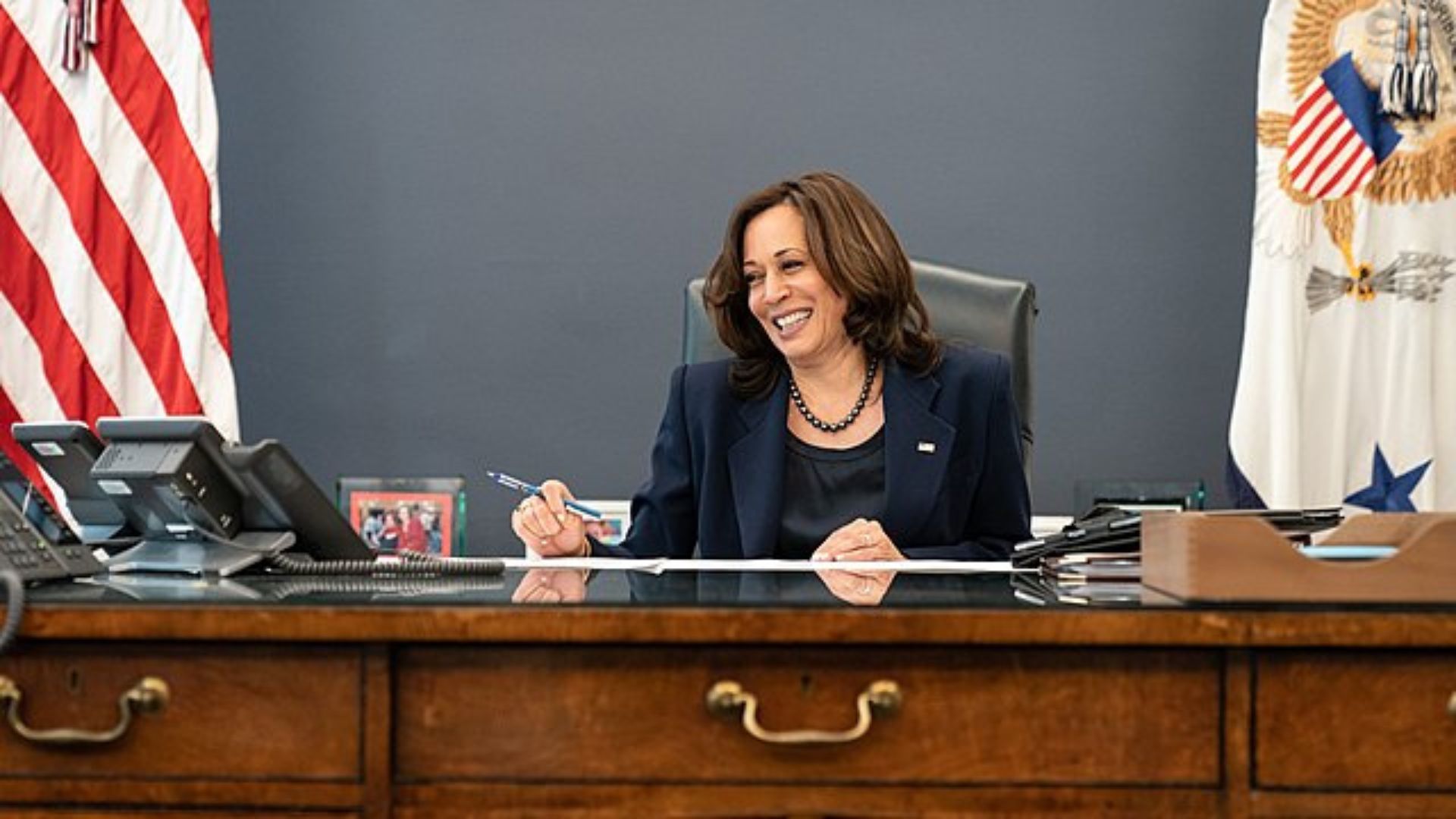
The Harris campaign has leaned on these criticisms of the Trump tax cuts to promote Harris’ newest proposal to raise the corporate tax rate again.
”[This is] a fiscally responsible way to put money back in the pockets of working people and ensure billionaires and big corporations pay their fair share,” said Harris campaign spokesperson James Singer.
Effect of Harris’ Proposal

The Committee for a Responsible Federal Budget on Monday weighed in on the corporate tax proposal from the Harris campaign, estimating that it would have a significant effect on reducing the deficit.
“The campaign for Democratic presidential nominee Vice President Kamala Harris told NBC News today that if elected President, she would seek to raise the corporate income tax rate to 28 percent. We estimate this change would reduce the deficit by $1 trillion over a decade,” a blog for the organization said.
Not Easily Done
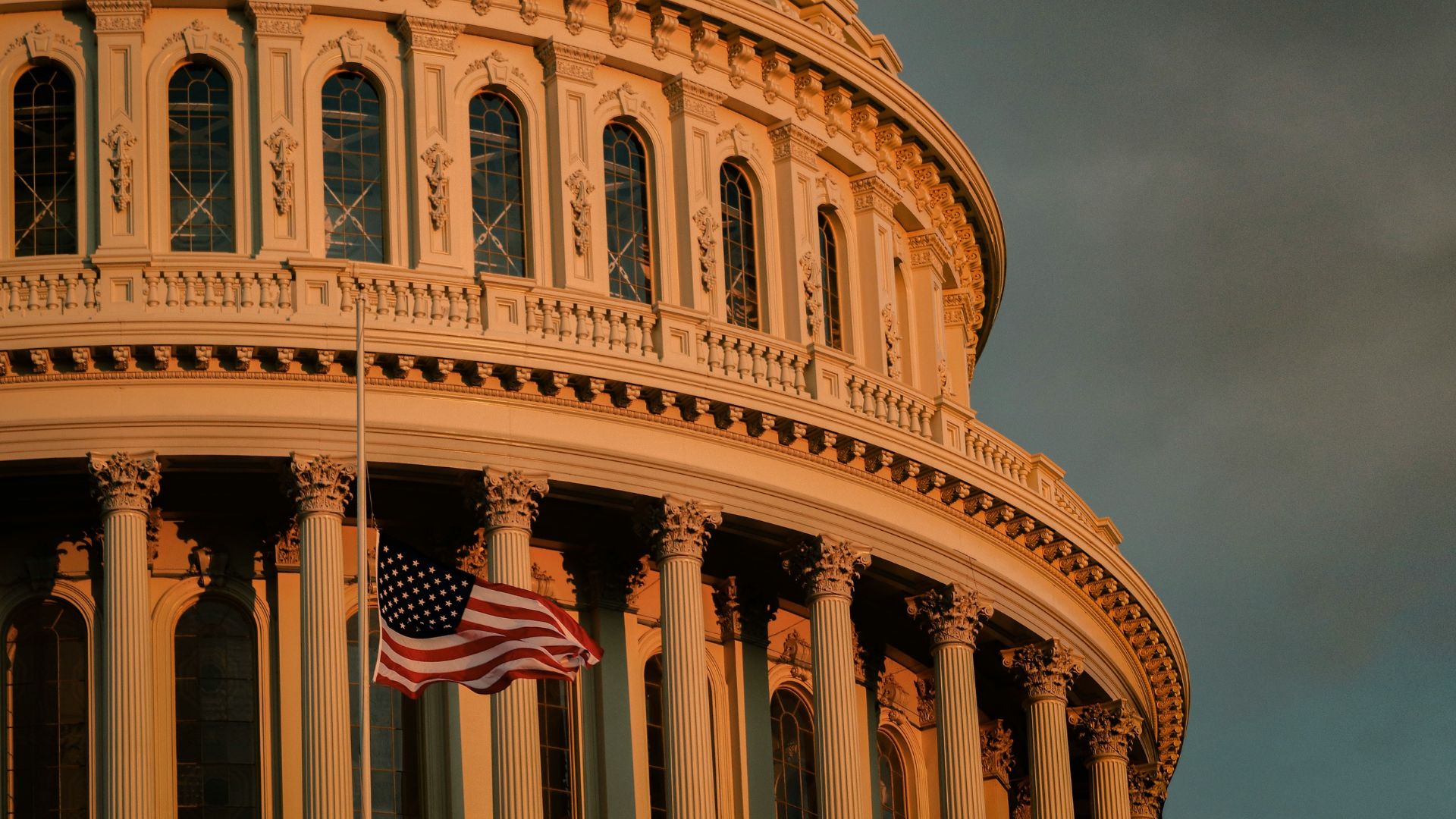
Although Harris is putting forward this proposal as something her campaign wants to accomplish, changes to the US tax code cannot be carried about by the executive branch alone.
Harris would need the cooperation of Congress, which would heavily depend on how well Democrats in the legislature do in the November election.
Targeting Big Business

As a candidate so far, Harris has put much of her political weight in going after what she sees as unfair players in the economy that are hurting the average American. During her first economic policy speech last week, Harris put the crosshairs on “price-gouging” grocery chains which she framed as responsible for the higher prices Americans are paying for food.
“I know most businesses are creating jobs, contributing to our economy and playing by the rules,” Harris said. “But some are not, and that’s just not right. And we need to take action when that is the case.”
Opportunity for the Middle Class

In a statement to NBC News, spokesperson Singer outlined Harris’ motivation for the corporate tax increase as wanting to serve the middle class.
“As President, Kamala Harris will focus on creating an opportunity economy for the middle class that advances their economic security, stability, and dignity,” Singer wrote in an email.
Attacking Trump
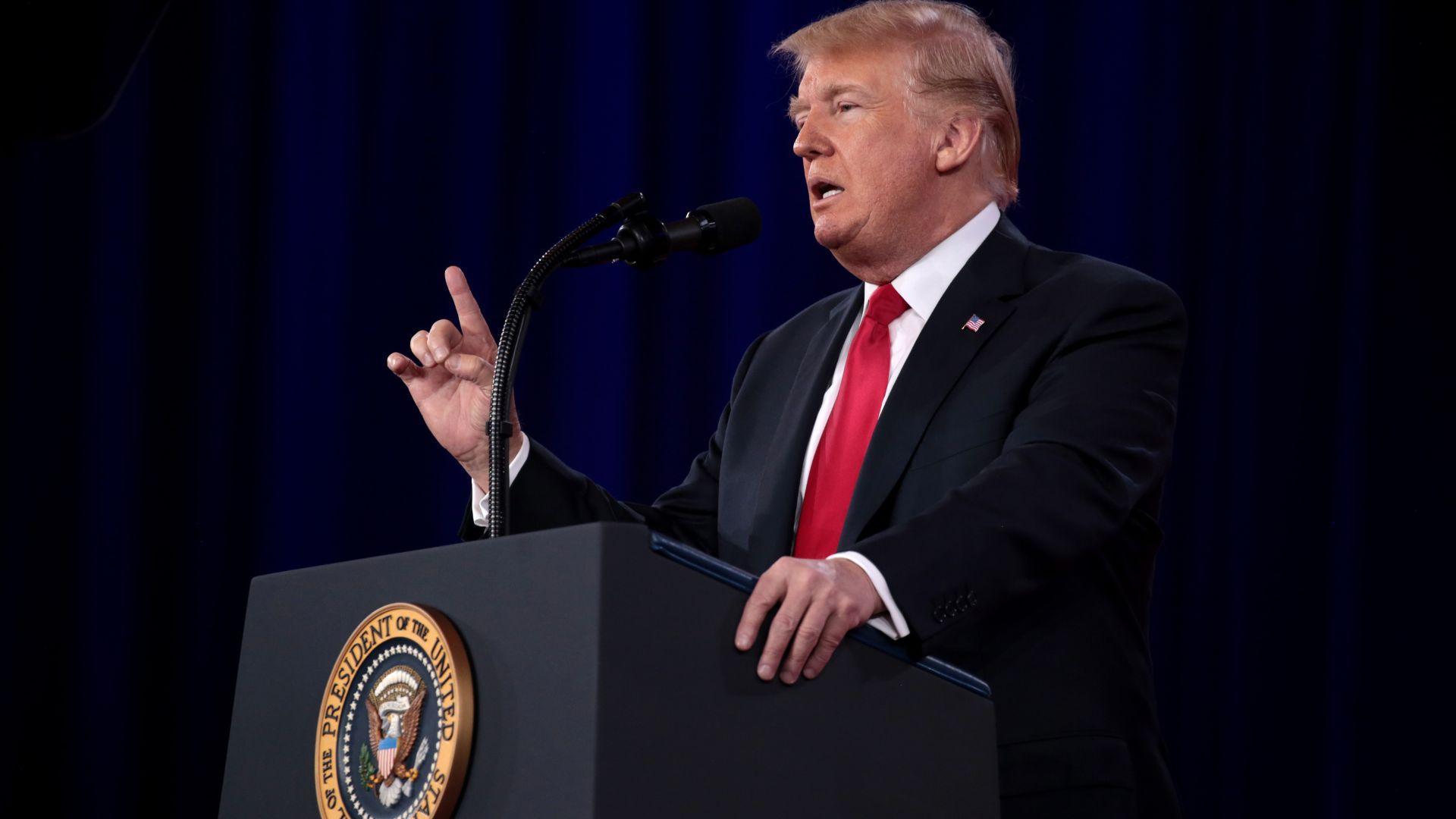
Signer contrasted Harris’ plan with Trump’s, which he felt would benefit the rich more than the working class.
“Unlike Donald Trump, whose extreme Project 2025 agenda would drive up the deficit, increase taxes on the middle class by $3,900, and send our economy spiraling into recession,” Singer said.
Fear of Higher Prices

While messaging that appeals to the middle class is generally popular politically, some critics of raising corporate tax rates fear that it will lead to an increase in prices that may be detrimental to this voting group.
A June poll from the U.S. Chamber of Commerce found over 80% of American voters surveyed believed that higher taxes on American businesses would lead to higher prices.
Hurting Small Businesses

Other critics of the idea pointed out that many small businesses pay corporate tax, which will be hurt by such a broad policy proposal.
“Kamala Harris’ proposition to raise the corporate tax rate will hurt small businesses. If she wants to go after the top corporations, she needs to close the loopholes that $AAPL and other giants take advantage of that allow those bigger corporations to hold 100s of billions outside of the country away from taxes,” said an X user.
Previous Promise
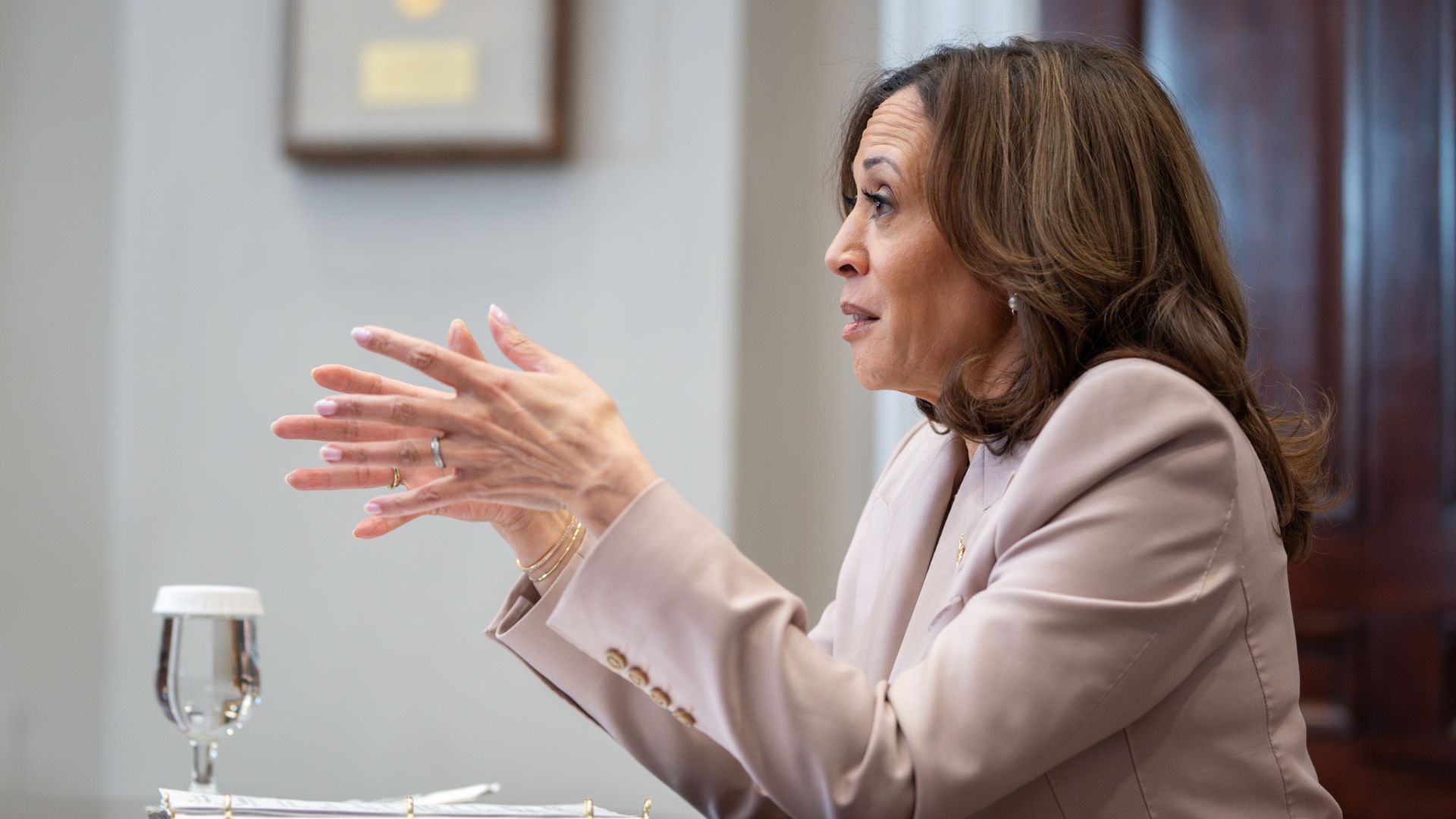
Some have framed the new proposal from Harris as a retreat from her previous position. During her run for president in 2020, Kamala Harris supported a 35% corporate tax rate, seeking to undo the tax cuts under Trump.
However, now Harris’ proposal exactly matches the number supported by President Joe Biden in his 2025 budget.
